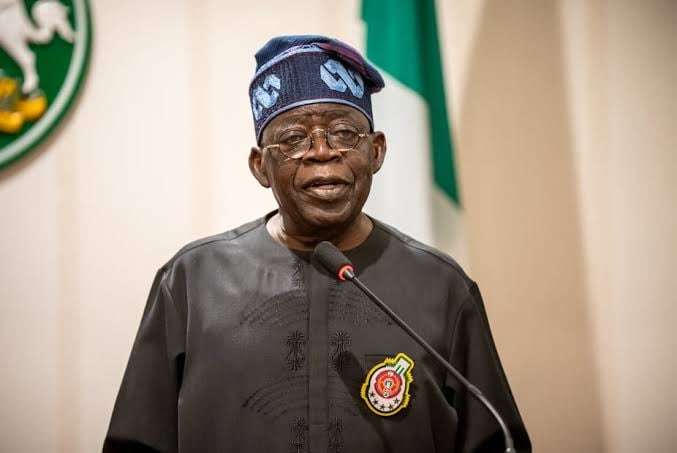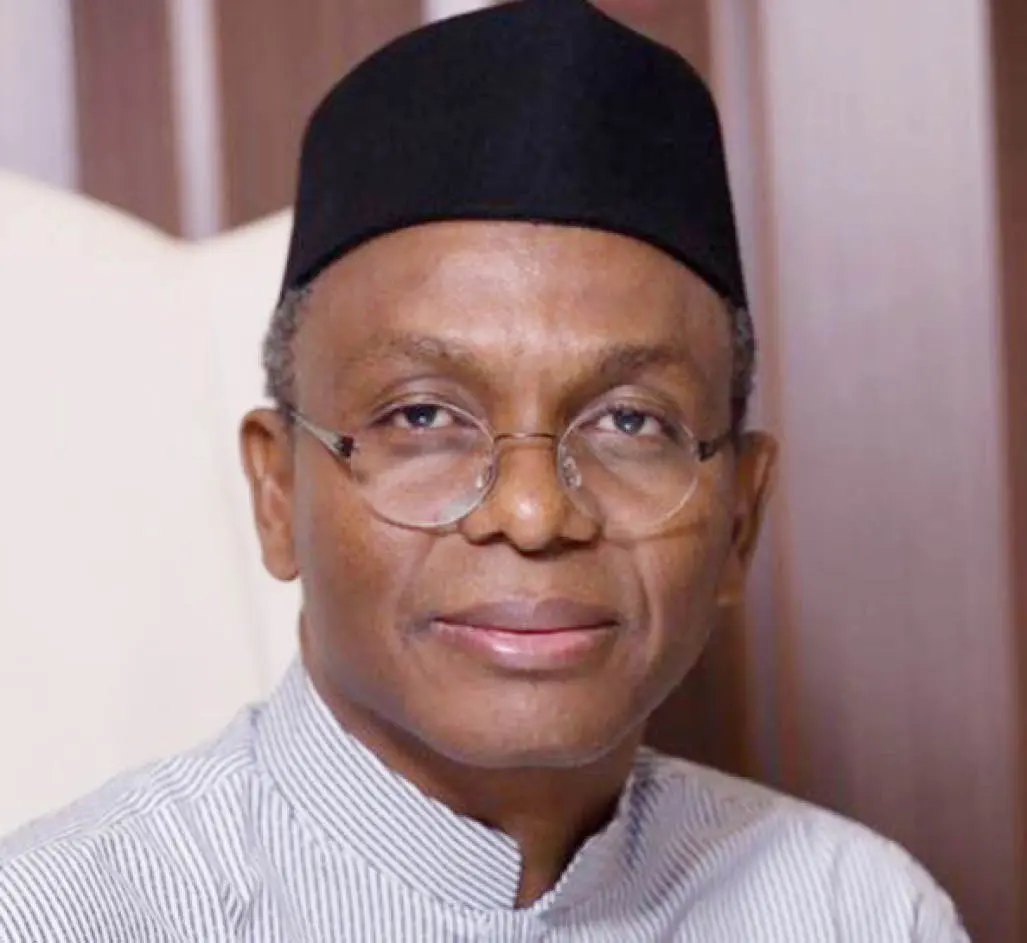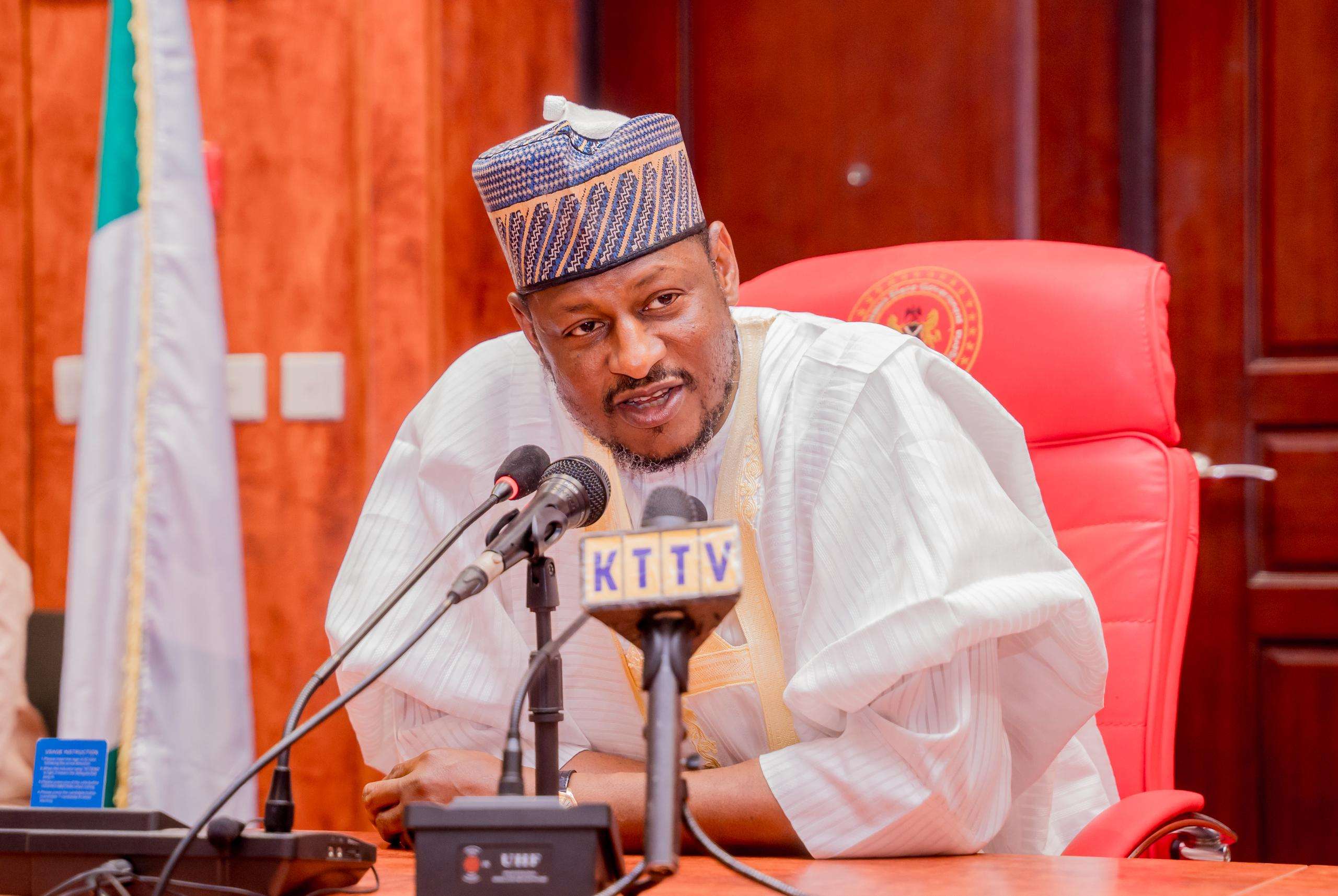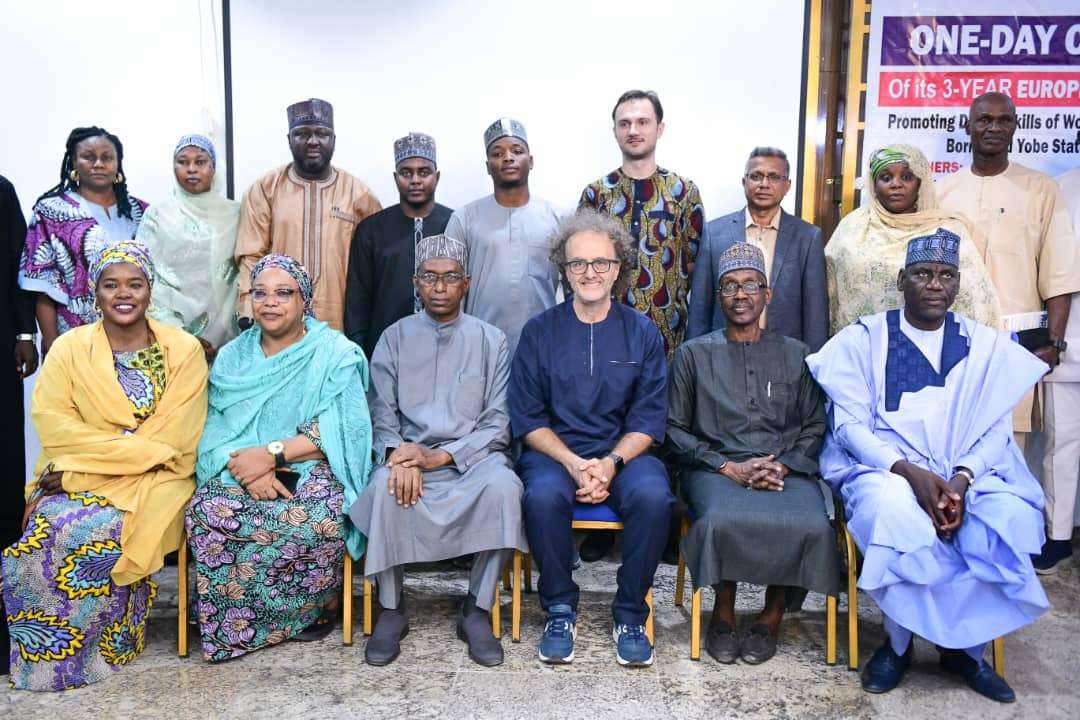The Group Chief Executive Officer (GCEO) of the Nigerian National Petroleum Company Limited (NNPCL), Malam Mele Kyari, has said Nigeria has the potential and capacity to surpass the target of $1 trillion Gross Domestic Product (GDP).
Kyari who spoke at the ongoing 2025 Nigerian International Energy Summit (NIES) on Tuesday in Abuja while delivering an address on the theme “Africa’s Energy Renaissance: Unlocking Opportunities for Global Investors,” insisted the $1 trillion target was too small, given the enormous oil and gas infrastructures and the ongoing economic expansion the country was witnessing.
He said: “Nigeria has the largest economy that’s not in dispute but not just largest economy, we have the potential of growing even bigger and I hear Ambassador Isa say we will go into the $1 trillion GDP. I think that’s too small, that’s not very ambitious.
“I think we can do better than this and the projectile is showing that this country will do better than this. This country has potential for doing this and this industry will surely be the biggest contributor to this development and that’s already happening.
“Building gas infrastructure in our country, delivering gas into our domestic market, we know today that every domestic gas-based industry or power plant in the country is getting all the gas that it needs because we are building the infrastructure, we are delivering on this infrastructure, and this country is working.”
Kyari who noted that gas was not just transition fuel but also the best alternative fuel for Nigeria, added that the world recognizes Africa as the next destination of providing greater support to the global energy market, recognizing Nigeria’s position as the largest producer of oil and gas in the continent.
The GCEO, who noted that Nigeria stands as Africa’s largest producer of oil and gas, playing a pivotal role in the global energy market, affirmed that oil will remain a critical component of the global energy mix well into 2025, contributing over 39 percent of global oil demand as the world will require more than 100 million barrels of oil daily.
“At NNPC Ltd., we view gas not merely as a transitional fuel, but as a vital and sustainable alternative for the future. Currently, over 70% of Nigeria’s population lacks access to clean cooking fuel, and more than 50% remains without reliable access to electricity. These gaps present a significant opportunity for gas to play a transformative role.”
He explained that it was based on these realities that Nigeria was prioritizing the development of the essential infrastructure, regulatory frameworks, and fiscal incentives needed to harness gas as a key solution for improving energy access and driving national development.
Underscoring the immense opportunities Africa holds in the energy sector, Kyari said gas infrastructure development remains critical to driving a trillion-dollar economy in Nigeria.
“Nigeria poised to take a leading role in unlocking the continent’s full potentials in terms of natural gas. The NNPC Ltd is leading the charge in delivering gas to domestic gas-based industries and power plants, while building the needed infrastructure to ultimately bolster economic growth,” the GCEO stated.
While attributing the reforms in the industry to the right leadership who have created fiscal terms for gas, Kyari stressed that many Final Investment Decisions (FIDs) announced were as a result of President Bola Tinubu’s Executive Order on Oil & Gas, which he said provided fiscal incentives for ease of doing business.
“Today, investors are increasingly recognizing that investing in Nigeria, particularly in the oil and gas sector, offers not only the potential for solid returns but also a stable fiscal environment that promises long-term profitability,” Kyari said.
He described the renewed confidence in Nigeria’s investment climate as a major driver in the resurgence of interest from global investors, who are returning to the country to capitalize on the growing opportunities within the sector.
Meanwhile, the Organization of Petroleum Exporting Countries (OPEC) Secretary General, Haitham Al Ghais has said the cumulative investment requirements for the oil industry from now to 2050 was $17.4 trillion.
While highlighting that the African continent was home to five of the top 30 oil producing countries with proven oil reserves amounting to around 120 billion barrels, he said OPEC anticipates a very bright future for Africa’s oil industry, with substantial opportunities for growth, with an abundance of natural reserves.
“My team are here, and we’ll continue to work closely with the Nigerian government and our other African members to unlock this potential.
“It’s judicious to discuss how we can unlock the potential that this great continent brims with, and how do we create the investment enabling environment that attracts the requisite amount of capital to really fully utilize and realize that potential.
“We know that it’s a prerequisite for investors to plan in the short, medium and the long term. The investment needs of the oil industry are sizable, with cumulative investment requirements amounting to $17.4 trillion from now to 2050. Given these facts, I am personally delighted to discuss these critical issues of our time at this prestigious event in Africa.”








